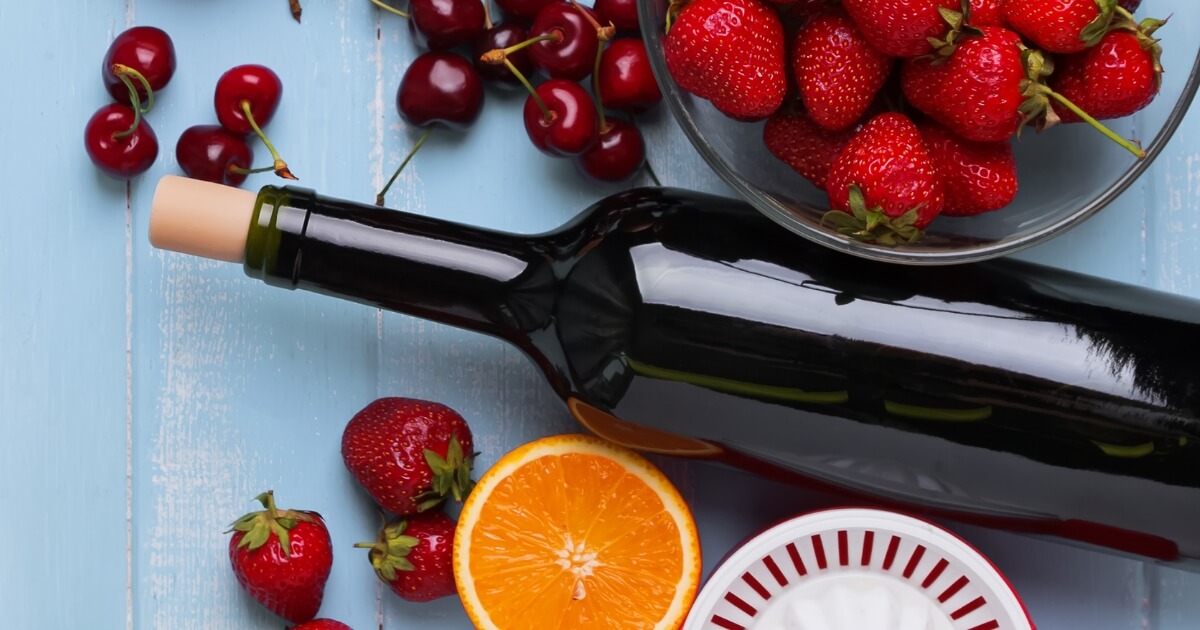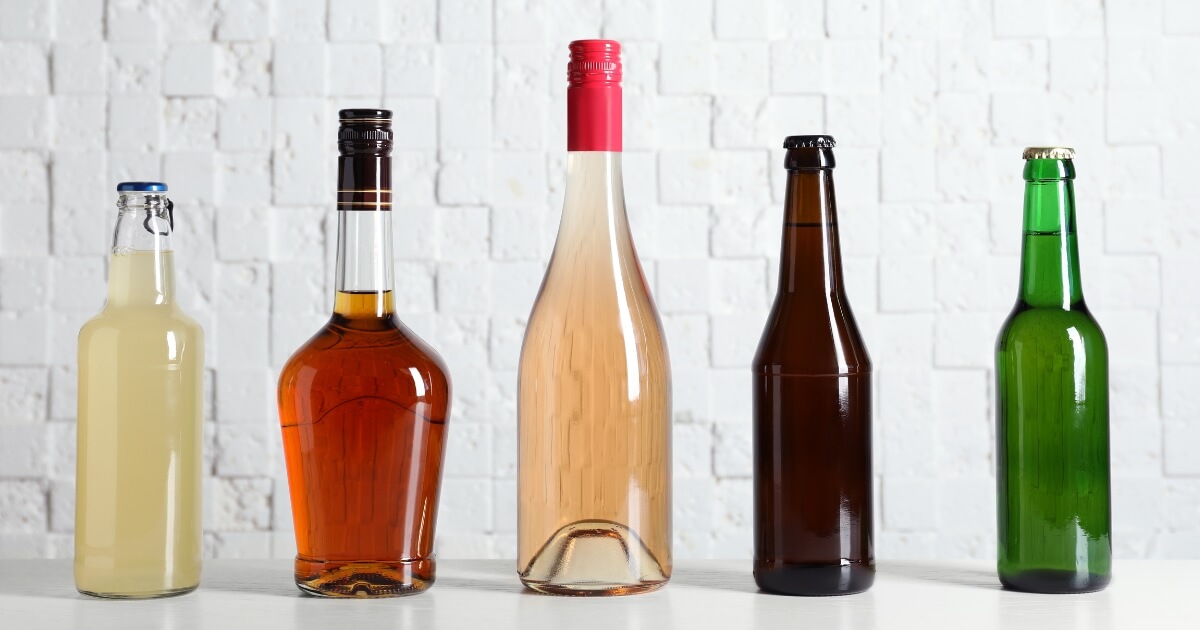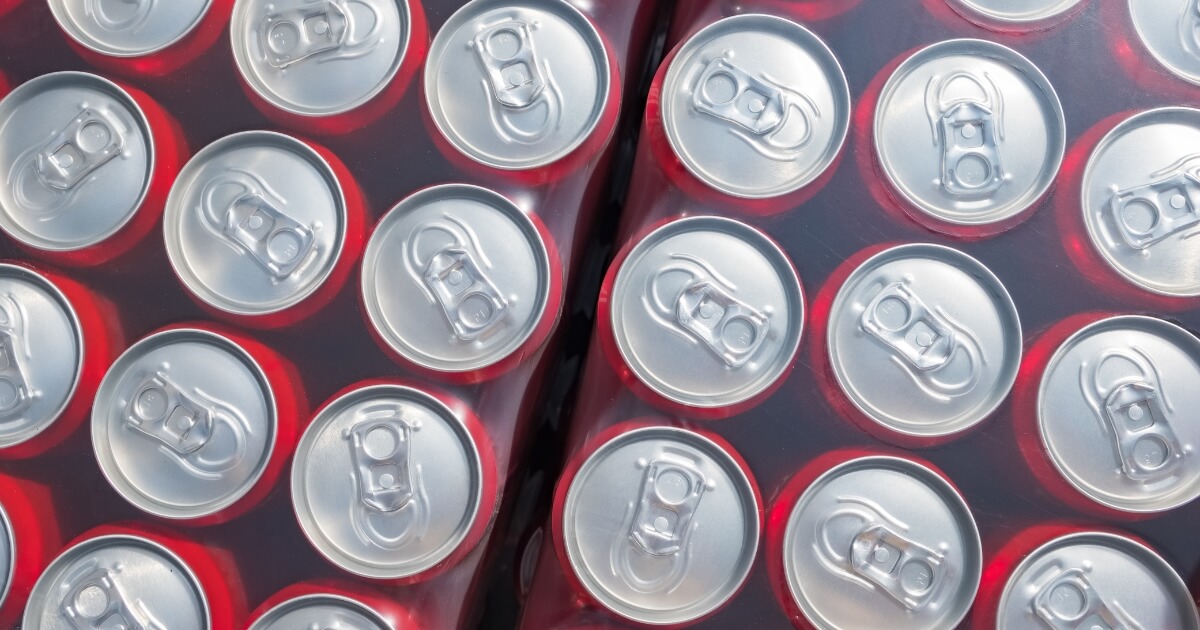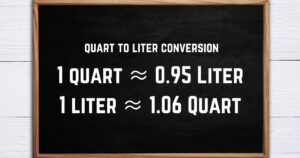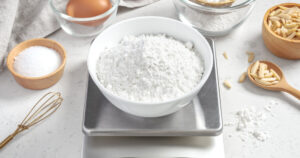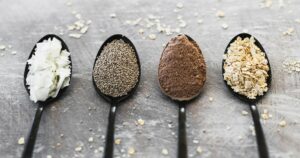Have you got a bottle of vodka tucked away in your cabinet and were wondering if it’s still good to sip? Vodka’s unique characteristics, mainly its high alcohol content, create a less than hospitable environment for bacteria, making it a liquor with an almost infinite shelf life if unopened.
But, as you’ve probably guessed, the way you store that bottle makes a difference. Whether it’s a fancy bottle of whiskey or a go-to vodka for your mixed drinks, how you handle and store it can seriously affect its taste.

This guide is all about vodka’s shelf life secrets, from storage do’s and don’ts to spotting when your vodka has lost its zing. Let’s crack open the mystery and ensure your vodka is always top-notch!
How Long Does Vodka Last?
You might be surprised to know that both opened and unopened bottles have different stories to tell when it comes to shelf life. To clarify things, I’ve put together a handy table that breaks down the specifics.
| Storage Method | Shelf Life | Storage Notes |
|---|---|---|
| Unopened Vodka | Indefinite | High alcohol content keeps vodka safe for decades. Store in a cool, dark place. |
| Opened Vodka | 10-20 years | Oxidation begins once opened. Store in the refrigerator to preserve flavor. |
| Opened Vodka (improperly sealed) | Several years | Air exposure can degrade quality. Ensure A tight seal after each use. |
| Flavored Vodka (opened) | 6 months – 2 years | Shorter shelf life due to added ingredients. Check expiration dates. |
| Vodka in Freezer | Indefinite (quality change) | Freezing can mute flavors. Suitable for those preferring a thicker, less flavorful drink. |
| Vodka at Room Temperature | Indefinite (quality change) | Ideal for maximizing flavor. Avoid direct sunlight and heat sources to prevent flavor degradation. |
Opened
Once you pop open that vodka, the clock starts ticking, but not as quickly as you’d think.
Properly stored, opened vodka can last a staggering 10 to 20 years!
It’s all about consistent oxidation and maintaining a consistent temperature. Keep it away from direct heat and light, and you’ll preserve its quality. Remember, air exposure is the arch-enemy of an opened bottle of liquor, so always seal it tightly after pouring.
Unopened
Unopened vodka? It’s like a time capsule.
Unopened vodka can last indefinitely without losing its character when kept cool in a dark place.
This is because unopened bottles prevent air exposure and consistent oxidation, which are major factors in the degradation of spirits.
So, if you’ve got a bottle of vodka sitting unopened for years, chances are, it’s still as good as new.
Does Flavored Vodka Go Bad?
Flavored vodka adds a twist to the shelf life story. Unlike its unflavored counterpart, flavored vodka houses a variety of organic molecules from the added flavors, making it more susceptible to changes over time.
These additions mean flavored vodka’s shelf life is more like craft beers or cream liqueurs, which should be consumed within about 6 months to 2 years after opening.
Always keep an eye on those expiration dates and store your flavored vodka according to the bottle’s specific guidelines. If you start noticing a strange smell or a loss of flavor, it’s probably time to say goodbye to that bottle.
How To Tell If Vodka Is Bad
To assess your vodka’s condition, start with these simple steps.
If the seal on the bottle has been broken, inspect the liquid for any discoloration and look around the cap for crystallization. These are clear signs that the vodka is past its prime.
A sniff test is also key. Any unusual or off odors are red flags. Similarly, the taste should be clean and crisp; anything bitter or strange suggests it’s time to get rid of it.
Visually, if you notice cloudiness, discoloration, or floating particles, these are indications of spoilage. While vodka is less prone to spoilage due to its high alcohol content, it’s not completely impervious to degradation over time.
Trust your senses. If something seems amiss, it’s better to be safe and discard the vodka.
Tips For Storing Vodka At Home
Getting the most out of your vodka involves more than just keeping it on a shelf. Here are some quick tips:
- Bottles Upright: Always store your vodka bottles standing up.
- Cool, Dark Place: Find a spot away from light and heat fluctuations.
- Consistent Temperature: Aim for a stable, cool temperature.
- Freezer for Unflavored Vodka: Great for a thicker texture but may affect flavor nuances.
- Refrigerator for Flavored Vodka: Ideal to maintain freshness and taste after opening.
- Tight Seal: Close the cap properly to minimize air exposure.
- Check for Signs of Spoilage: Discoloration, strange smells, and off-tastes are red flags.
When it comes to storing your vodka, whether it’s the classic unflavored kind or those fancy flavored ones, each type needs just the right storage conditions to keep them at their best.
Pop your unflavored vodka in the freezer for that extra smooth, thick feel, but keep in mind that this might tone down some of its flavors.
Got a bottle of flavored vodka? The fridge is the way to go after you’ve opened it, keeping it fresh and tasty.
And don’t forget, check for any signs of spoilage because, believe it or not, even vodka can go downhill over time.

